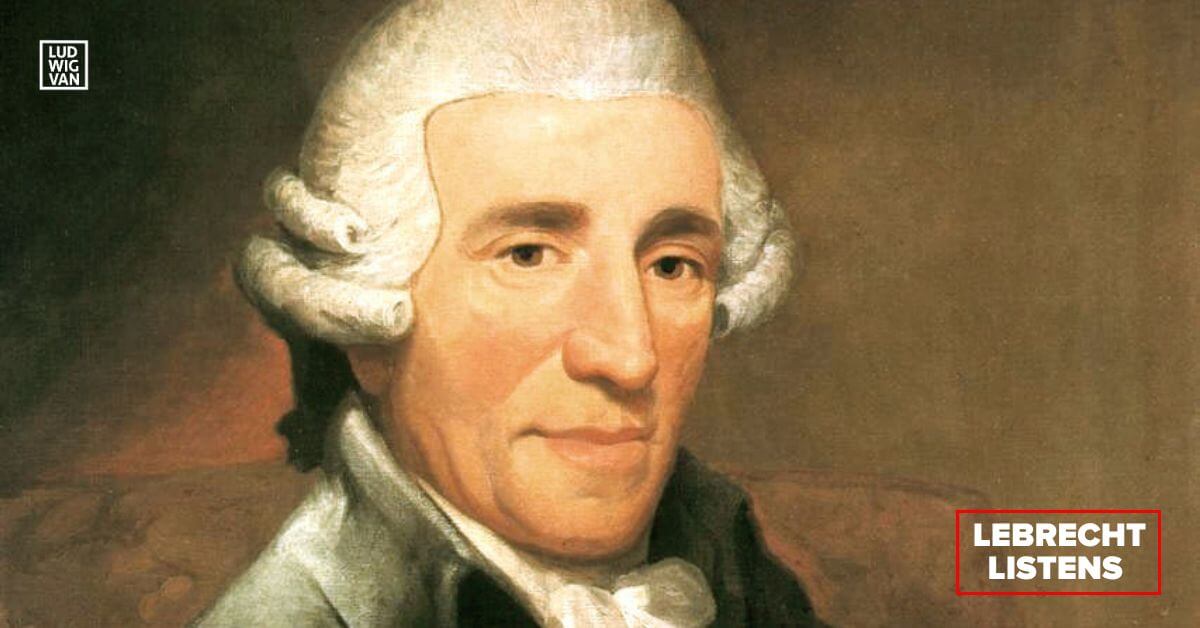
Haydn: Late Symphonies Vol. 1, Nos. 93-95 (Naxos)
★★★★☆
The 12 symphonies that Haydn composed on visits to London in 1791-92 and 1794-95 belong to a world that was already gone. Mozart, who died soon after Haydn left Vienna for the first time, led his symphonies into darker, dangerous tonal territory. Beethoven, whom Haydn taught on his return, was ready to leapfrog into a new century of revolutionary ferment. The Haydn London symphonies belong mostly to a decadent age of domestic amusements on noble country estates.
In some ways, though, Haydn was transformed by London. In his early sixties, he was treated for the first time in his life as an honoured guest and not a household servant, discovered guilt-free sex with a couple of merry widows, and shopped in town for art and shoes. The first three symphonies are clearly made for innocent fun, around 20 minutes long, and pretty fast. Not every orchestra rises to the levity or speeds. It takes a Hungarian-born conductor to deliver all the jokes.
Antal Dorati’s breakthrough recordings with the Philharmonia Hungarica on Decca in the 1960s drew a blast of hostile responses from the period-instrument movement, whose performances were generally flatter and duller, Adam Fischer returns here to basics with the Danish Chamber Orchestra, going for extreme variants of speed and dynamic in a Magyar accent that favours the first note in a phrase.
This sounds much as Haydn intended — short symphonies to restore a weary soul after a long day on the trading floor. The Surprise symphony, no 94, is refreshingly effective. The balance of the Copenhagen sound gives us a bit more percussion than is absolutely necessary, but that’s a personal quibble. This is, on the whole, an admirable evocation of the world’s last leisured moments before Napoleon overturned it.
To read more from Norman Lebrecht, subscribe to Slippedisc.com.
#LUDWIGVAN
Get the daily arts news straight to your inbox.
Sign up for the Ludwig van Daily — classical music and opera in five minutes or less HERE.
- LEBRECHT LISTENS | Klaus Tennstedt’s Conducting Genius Revealed In Live Radio Recordings - July 26, 2024
- LEBRECHT LISTENS |Alexandra Dariescu And The Philharmonia Orchestra Tackle Clara Schumann & Grieg - July 19, 2024
- LEBRECHT LISTENS | Yundi Gives Mozart A Revelatory Makeover On The Sonata Project — Salzburg - July 12, 2024



